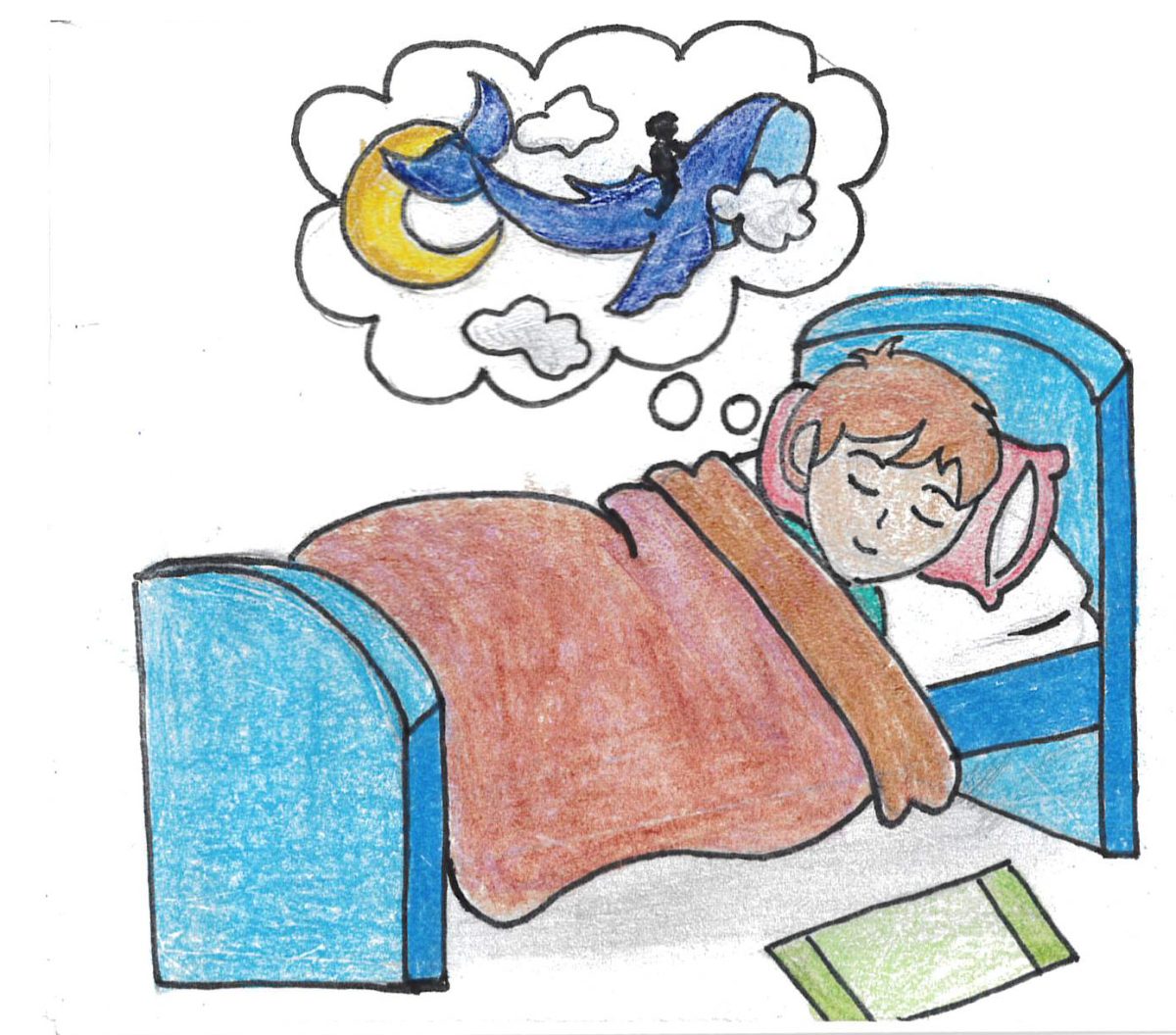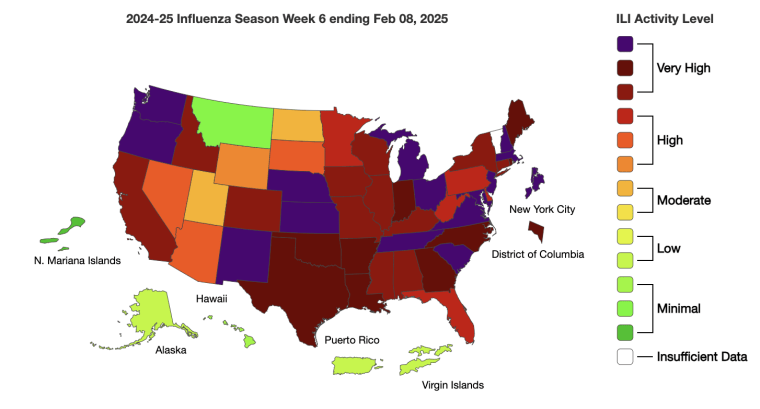Even though it’s been proved that humans go through multiple dream phases every night, the memory of these dreams varies greatly from person to person. Recent studies show that not only individual sleeping patterns have an impact on dream recall, but also what season we’re in.
While some people can recall their dreams in detail after waking up, others have no memory of the events that happened in their sleep. Scientists are still not entirely certain about the cause of that difference.
In the past, researchers have found that women, young people, and people who tend to daydream remember their dreams better. Other studies didn’t come to the same conclusion, though. A proven link between cognitive ability and dream recall has yet to be established.
The IMT School for Advanced Studies in Lucca (Italy) carried out a study, where 200 participants between the ages of 18 to 70 kept track of their dreams for two weeks. The team now reports that age-related changes, as well as seasonal fluctuations, may influence dream recall. The personal attitude toward dream experiences is also likely to play a role.
“Our results show that remembering dreams is not just a coincidence but a reflection of how personal attitude, cognitive traits, and sleep patterns interact,” says study lead author Giulio Bernardi.
At the same time, the researchers monitored the participants’ sleep duration, sleep efficiency, sleep disturbances, and brain function during sleep. It was found that people who generally sleep worse or less deeply were more likely to remember having dreamed. Younger individuals, however, were also able to recall the actual content of their dreams, while older people only recalled if they dreamt.
In the winter, people also tend to forget their dreams more frequently than in the summer. That suggests that environmental factors, like daylight duration as well as our circadian rhythm, also play a role in dream recall. A past study has also shown that people need more sleep during the winter.
There are still many questions to be answered, and more to be discovered. To further extend our knowledge, you can look into answering sleep survey questions online, or even participating in a local study, so we can finally figure out the answer to the mysterious question of what happens when we sleep.






adviser • Apr 10, 2025 at 10:40 AM
I enjoyed reading about current science around dream memory retention, and I wanted to contribute three, less-scientific, but effective and empirically researched strategies to help strengthen and train dream recall.
1) Keep a journal and pen within arm’s reach, or any recording tech. Try to remember to record any vivid dreams, and keep at it!
Practice helps strengthen dream recall, like any muscle or skill.
2) Fast or eat lightly before sleep (2 hours). Avoid heavy foods and limit yourself to liquids if that works better. Digestion seems to use a lot of energy or distracts the body somehow.
Dreams are more vivid and memorable if light fasting is integrated.
3) As you’re lying in bed, think to yourself: “I will remember my dreams tonight” (Or any equivalent phrase works for you). Repeat as many times as you can.
Self-suggestion helps to trigger or reinforce dream recall.
Enjoy exploring an often forgotten aspect of our lives, and if this kind of thing is interesting to you, I highly recommend the further research topic “Lucid Dreaming”.
– Patrik Martin